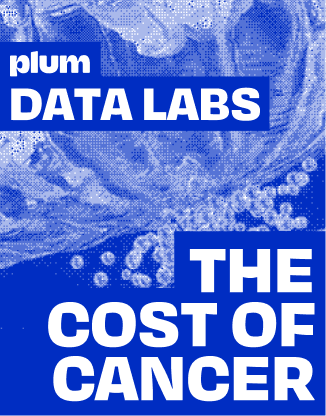Artificial intelligence (AI) has become a buzzword in almost every industry, and HR is no exception. In recent years, AI has made its way into HR departments, helping organizations streamline their processes and improve efficiency.
In this blog, we'll explore how AI is used in HR, its impact, and its advantages. We'll also provide examples to help you understand how it works.
How AI is Used in HR
Artificial Intelligence is used in HR in various ways, including:
Recruitment:
Artificial Intelligence can help streamline the recruitment process by using algorithms to analyze resumes and applications, identify top candidates, and even conduct initial interviews.
Employee Engagement:
AI can help improve employee engagement by using sentiment analysis to determine how employees feel about their work, identify issues, and suggest solutions.
Learning and Development:
It can help personalize learning and development programs by using data to identify skill gaps, recommend training programs, and track progress.
Performance Management:
It can help automate performance management processes by analyzing employee data and providing feedback to managers, allowing them to make informed decisions.
The Impact of AI in HR
The impact on HR is significant, and includes
Increased Efficiency:
By automating routine tasks and processes, artificial intelligence tools can save HRprofessionals time and allow them to focus on higher-value tasks
Improved Accuracy due to AI in HR:
Algorithms can help eliminate bias and human error in recruitment, performance management, and other HR processes.
Enhanced Employee Experience:
By providing personalized learning and development programs, this technology can help employees develop their skills and achieve their goals, leading to a more positive employee experience.
Better Decision Making:
AI can provide HR professionals with data-driven insights that can help inform their decisions and improve the overall effectiveness of HR.
The Advantages of AI in HR
Reduced Bias:
AI can help eliminate unconscious bias in recruitment and performance management, leading to a more diverse and inclusive workforce.
Improved Efficiency through AI in HR:
Algorithms can automate routine tasks, allowing HR professionals to focus on more strategic initiatives.
Personalized Learning and Development:
Artificial Intelligence can help identify skill gaps and recommend personalized training programs, leading to improved employee performance.
Enhanced Candidate Experience:
AI can provide a more seamless and personalized candidate experience during the recruitment process, improving the overall perception of the organization.
Examples of AI in HR
Textio:
Textio uses AI to analyze job postings and provide recommendations for inclusive language. This helps reduce bias and attract a more diverse pool of candidates.
IBM Watson Candidate Assistant:
IBM Watson Candidate Assistant uses AI to answer candidate questions, provide personalized feedback, and guide them through the application process.
Pymetrics:
Pymetrics uses AI to assess candidate potential and match them with the right job opportunities. This helps improve the overall quality of hires.
SAP SuccessFactors:
SAP SuccessFactors uses AI to provide personalized learning and development recommendations based on employee data. This helps employees develop their skills and achieve their goals.
Ultimate Software's UltiPro Perception:
UltiPro Perception uses algorithms to conduct sentiment analysis and provide insights into employee engagement and satisfaction levels. This allows HR professionals to take proactive steps to improve the employee experience.
Concluding remarks on AI in HR
In conclusion, AI has the potential to revolutionise HR by improving efficiency, reducing bias, and enhancing the employee experience.
By understanding how artificial intelligence can be used, its impact, and its advantages, organisations can take advantage of this technology to optimise their HR processes and improve overall performance.
.avif)










.avif)














